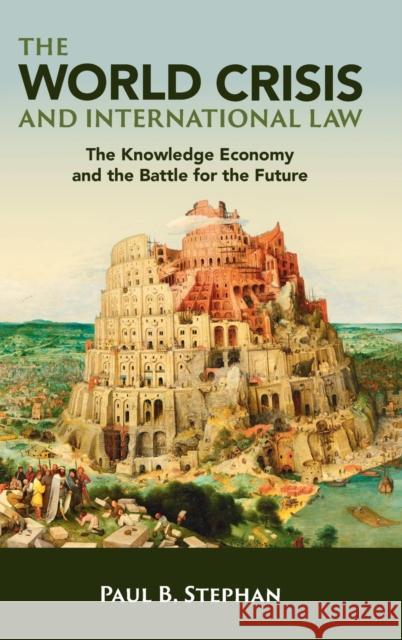The World Crisis and International Law: The Knowledge Economy and the Battle for the Future » książka
topmenu
The World Crisis and International Law: The Knowledge Economy and the Battle for the Future
ISBN-13: 9781009320979 / Angielski / Twarda / 2023
The World Crisis and International Law: The Knowledge Economy and the Battle for the Future
ISBN-13: 9781009320979 / Angielski / Twarda / 2023
cena 340,88
(netto: 324,65 VAT: 5%)
Najniższa cena z 30 dni: 340,19
(netto: 324,65 VAT: 5%)
Najniższa cena z 30 dni: 340,19
Termin realizacji zamówienia:
ok. 22 dni roboczych
Bez gwarancji dostawy przed świętami
ok. 22 dni roboczych
Bez gwarancji dostawy przed świętami
Darmowa dostawa!
A hard look at the challenges to the authority and roles of international legal institutions since the 1990s.











